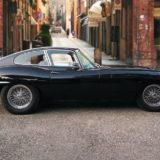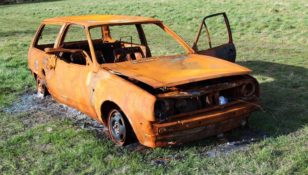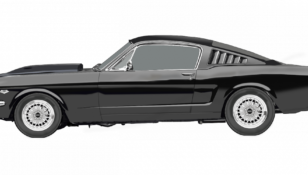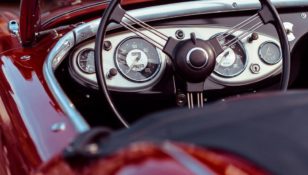Volkswagen Beetle: A Timeless Icon for Car Enthusiasts

Introduction to the VW Beetle
The Volkswagen Beetle, also known as the VW Bug, is one of the most iconic cars in automotive history. With its unique design and rich heritage, the Beetle has captured the hearts of car enthusiasts worldwide. In this article, we will explore the history of the VW Beetle, its evolution over time, and why it remains an object of fascination for many. Whether you are a car owner or simply interested in the automotive industry, there is much to learn and appreciate about this beloved classic.
Historical Evolution of the VW Beetle
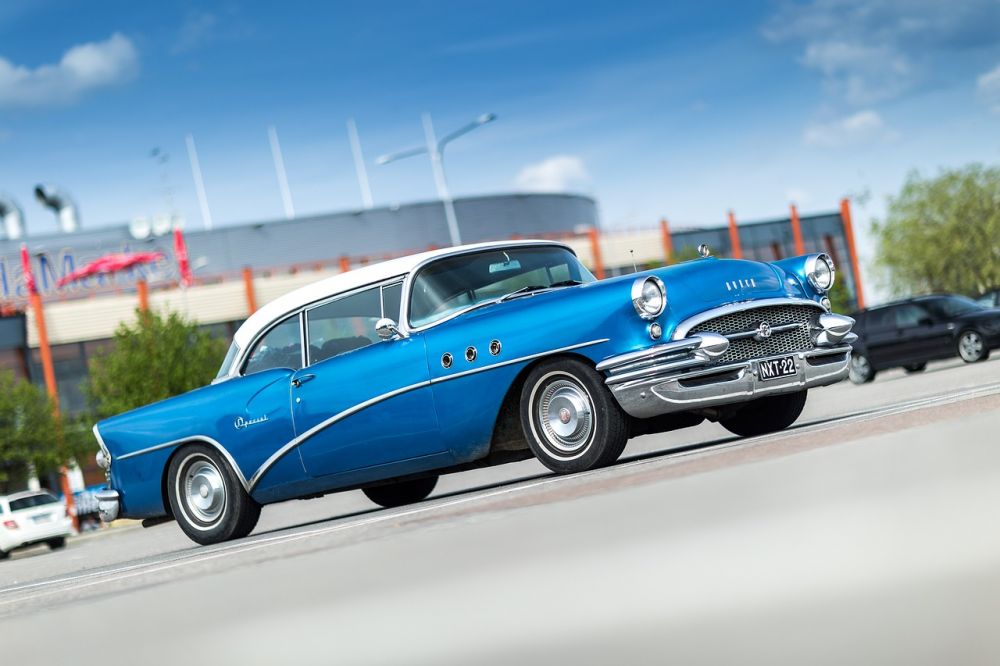
The history of the VW Beetle dates back to the 1930s when Ferdinand Porsche, the founder of Porsche, was commissioned by the German government to design a reliable and affordable car for the masses. The result was the iconic Beetle, which was first introduced in 1938. However, production was put on hold during World War II, and it wasn’t until 1945 that the Beetle truly took off.
In the post-war era, the VW Beetle became a symbol of rejuvenation and freedom. Its distinct rounded shape, affectionately known as the “Bug,” captured the imagination of people worldwide. The Beetle quickly gained popularity, becoming a cultural icon of the 1960s counterculture movement, thanks to its association with peace, love, and individuality. Its compact size, affordable price, and reliable performance made it a favorite among young drivers and families alike.
Throughout the years, the VW Beetle underwent several transformations to keep up with changing automotive trends and technology. From the original air-cooled rear engine to the introduction of front-wheel drive and fuel injection systems, the Beetle continued to evolve while maintaining its signature design.
Key Features and Innovations
The VW Beetle is known for its timeless design, which has remained largely unchanged throughout its production history. Its distinct curved body and round headlights give it a nostalgic charm that has appealed to generations of car enthusiasts. The Beetle’s compact size and efficient use of space make it maneuverable in urban environments while offering surprising interior room.
One notable innovation in the VW Beetle is its air-cooled engine, which was a groundbreaking technology at the time of its introduction. The air-cooled engine offered several advantages, including reduced maintenance costs and improved cooling in hot climates. While later models of the Beetle transitioned to water-cooled engines for increased efficiency, the air-cooled engine remains an important part of its legacy.
Another key feature of the VW Beetle is its durability and reliability. Many Beetle owners report driving their vehicles for hundreds of thousands of miles with minimal issues. This reputation for dependability has contributed to the enduring popularity of the Beetle among car enthusiasts.
A Global Phenomenon
The VW Beetle’s worldwide success cannot be overstated. From its origins in Germany, it quickly gained popularity in Europe, North America, and beyond. Its affordability and distinctive design made it accessible to a wide range of drivers, creating a global phenomenon.
Today, the VW Beetle continues to be a symbol of individuality and automotive heritage. Despite its discontinuation in 2019, the Beetle’s legacy lives on, with countless restored classics and modern reinterpretations gracing the roads. Car enthusiasts and collectors still seek out the Beetle, valuing its unique charm and historical significance.
Conclusion
The Volkswagen Beetle is more than just a car; it is a cultural icon that has withstood the test of time. Its unique design, historical significance, and impact on popular culture have made it a beloved classic loved by car enthusiasts worldwide. From its humble beginnings as a people’s car in post-war Germany to its global popularity in the 1960s and beyond, the VW Beetle has left an indelible mark on automotive history.
Whether you appreciate the Beetle’s nostalgia, its innovative engineering, or its enduring charm, there is no denying its place in the hearts of car enthusiasts. The VW Beetle will forever be remembered as a symbol of freedom, individuality, and the joy of driving.
Sources:
– VW Heritage. (n.d.). Volkswagen Beetle History: The People’s Car. Retrieved from https://www.vwheritage.com/blog/2019/04/18/history-of-the-volkswagen-beetle/
– Volkswagen. (n.d.). The Classic Volkswagen Beetle. Retrieved from https://www.volkswagen.co.uk/owners/classic/vw-heritage/the-classic-beetle

